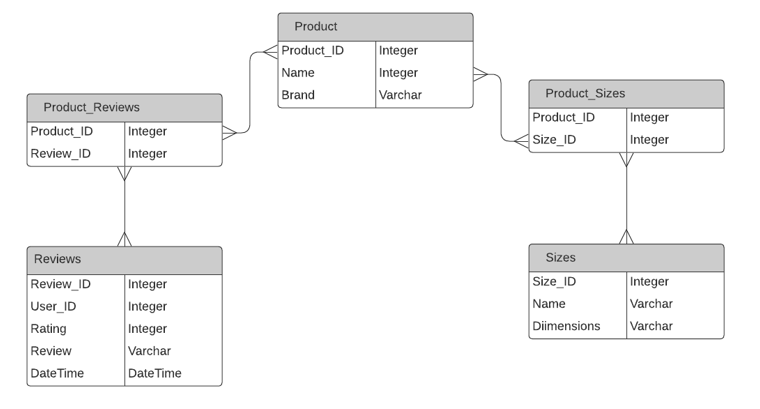What is SQL?

SQL stands for Structured Query Language and is a specific programming methodology for working with data. According to Stack Overflow’s 2021 Developer Survey, SQL was ranked as the 4th most commonly used programming language. But SQL is not just used by computer programmers. SQL is increasingly used across a myriad of professions due to the exploding amount of data and the need for corporations, non-profits, governments, and consumers to review and make decisions based on that data.
First, Some Background on Relational Databases
Modern software applications deal with a lot of data. Think about shopping on Amazon. You search for an item and Amazon displays the most relevant results, along with lots of ways to filter the results, such as user ratings, price, etc. All these data operations require that:
- The data is very organized and secure
- The data can be retrieved efficiently
Organizing and securing the data is often done in relational database management systems or RDBMS. RDBMS’ store information in a series of tables with rows and columns. In the Amazon example above, a product may have a lot of information related to it, such as product name, price, description, size, and user reviews. So software developers have to determine the most efficient way to store this information in tables. This is trickier than you may think. We could store product information in one table, such as the following:
But a couple of problems arise:
- Some data may become redundant within the database and cause the table to be unnecessarily large. For example, thousands of products may have sizes that are similar – small, medium, large. Data redundancy can result in the data being hard to maintain and applications being slower.
- Some data may be related to the data in one table, but require its own columns. For example, user reviews are associated with users, dates, times, ratings, and the reviews themselves. Here again, this could lead to overly large and unwieldy databases.
To solve this problem relational databases allow you to build many tables and relate them to one another. In the image below, the product table is related to the sizes and reviews table through other “join” tables.

In a modern web application, there can be hundreds of these tables and relationships. Navigating all of this information requires a special type of communication, this is where structured query language, or SQL, comes in.
Structured Query Language (SQL)
So Structured Query Language is a highly efficient way to retrieve, organize and update data within relational databases. It’s like a librarian who knows all the tricks to get the info you need as quickly as possible and all the proper ways to put that info back where it belongs.
SQL can be used to retrieve data, to insert data, or to perform complex calculations on data – often for reporting purposes. This is done by constructing SQL queries or commands. For instance, if you wanted to know how many products in a shopping database that had low user rankings but high discounts were purchased in a given time, you could create a SQL query to show these results.
Professions and Common Uses for SQL
According to Stack Overflows 2021 Developer Survey, SQL ranked as the 4th most commonly used programming language. But SQL is not just used by computer programmers. Because of the popularity of relational databases, many modern professionals use SQL to do their work:
- Economists, Researchers, Data Scientists, and Statisticians – use SQL to perform complex analysis on many data sources to identify patterns.
- Business Analysts – use SQL to help businesses review key performance indicators and make informed decisions.
- Database Administrators (DBAs) – Manage databases and data for a wide variety of organizations. Most major corporations employ DBAs. SQL is their lingua franca.
- Software Engineers – Use SQL to retrieve data from databases to present within web applications, mobile apps, and other software. The skill with which software developers use SQL can often determine whether the applications are snappy or sluggish. A bad SQL query can crash a website.
- Journalists – Increasingly, journalists use SQL to cull through corporate and government data as part of their research.
- Quality Assurance (QA) Engineers – use SQL to run automated tests or to test the results of operations performed by software applications.
- Designers – use SQL to retrieve data that will be presented in complex data visualizations
- Political Scientists – use SQL to analyze voting data
Can You Get SQL Certified?
While there is no central body that offers certification in SQL, many of the RDBMS companies – Oracle and Microsoft SQL Server – and training companies offer useful tutorials, courses, and training with certificates of completion. Some courses even offer certifications that are underwritten by well-known universities.
You May Also Be Interested in These Resources
- How Long Does it Take to Learn SQL?
- Best SQL Courses for Beginners
- Best SQL Certifications
- Best Data Analytics Courses
- Best Data Analytics Certifications
- Best Business Statistics Courses

